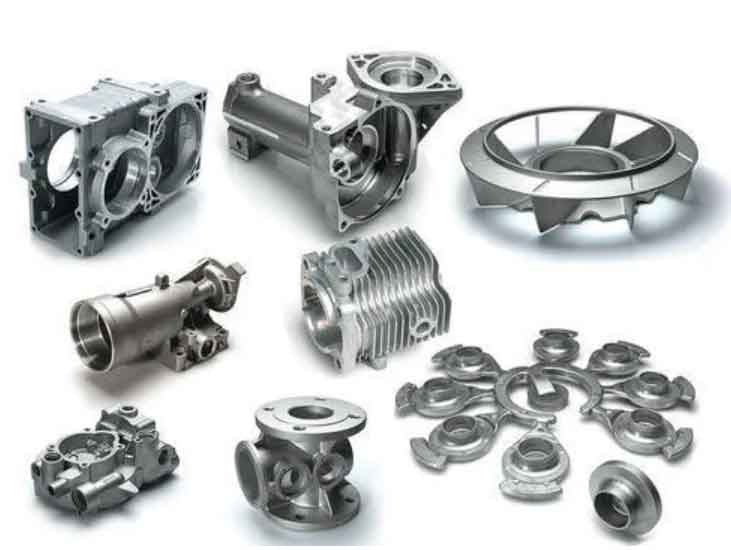
Grey cast iron has distinct advantages and applications compared to other materials, such as steel, aluminum, and ductile cast iron:
- Advantages of Grey Cast Iron:
- Cost-Effective: Grey cast iron is relatively inexpensive to produce, making it a cost-effective choice for a wide range of applications.
- Damping Capacity: Grey cast iron has excellent damping properties, which helps reduce vibrations and noise in machinery, making it suitable for applications where noise reduction is essential.
- High Wear Resistance: It offers good wear resistance, making it suitable for applications involving sliding and abrasive wear.
- Good Machinability: Grey cast iron is easily machinable, making it easier to manufacture complex shapes and components.
- Thermal Conductivity: It has reasonable thermal conductivity, making it suitable for heat dissipation applications.
- Applications of Grey Cast Iron:
- Automotive Industry: Grey cast iron is widely used in the automotive industry for brake discs, brake drums, engine blocks, cylinder heads, and other components.
- Machinery and Equipment: It is used in the manufacturing of machine bases, gearboxes, housings, and other structural components in machinery.
- Agricultural Equipment: Grey cast iron is used in agricultural machinery parts like plows, tillers, and harrows.
- Construction: It finds applications in construction equipment and heavy machinery due to its durability and wear resistance.
- Railway Industry: Grey cast iron is used in railway components such as brake shoes, brake blocks, and couplings.
- Comparison with Other Materials:
- Steel: Grey cast iron has superior damping properties compared to steel, making it suitable for applications where vibration reduction is crucial. However, steel is generally stronger and has better tensile strength, making it preferable for high-stress applications.
- Aluminum: Grey cast iron is more wear-resistant than aluminum but has a higher density. Aluminum is often preferred in applications where weight reduction is critical, such as the aerospace industry.
- Ductile Cast Iron: Ductile cast iron, also known as nodular cast iron, has higher tensile strength and ductility compared to grey cast iron. It is used in applications where impact resistance and toughness are required.
Grey cast iron is a versatile material with unique advantages, including cost-effectiveness, damping capacity, and wear resistance. Its applications span various industries, from automotive and machinery to construction and agriculture. While grey cast iron excels in specific applications, the choice of material ultimately depends on the specific requirements of the project, considering factors like mechanical properties, cost, weight, and environmental conditions.
